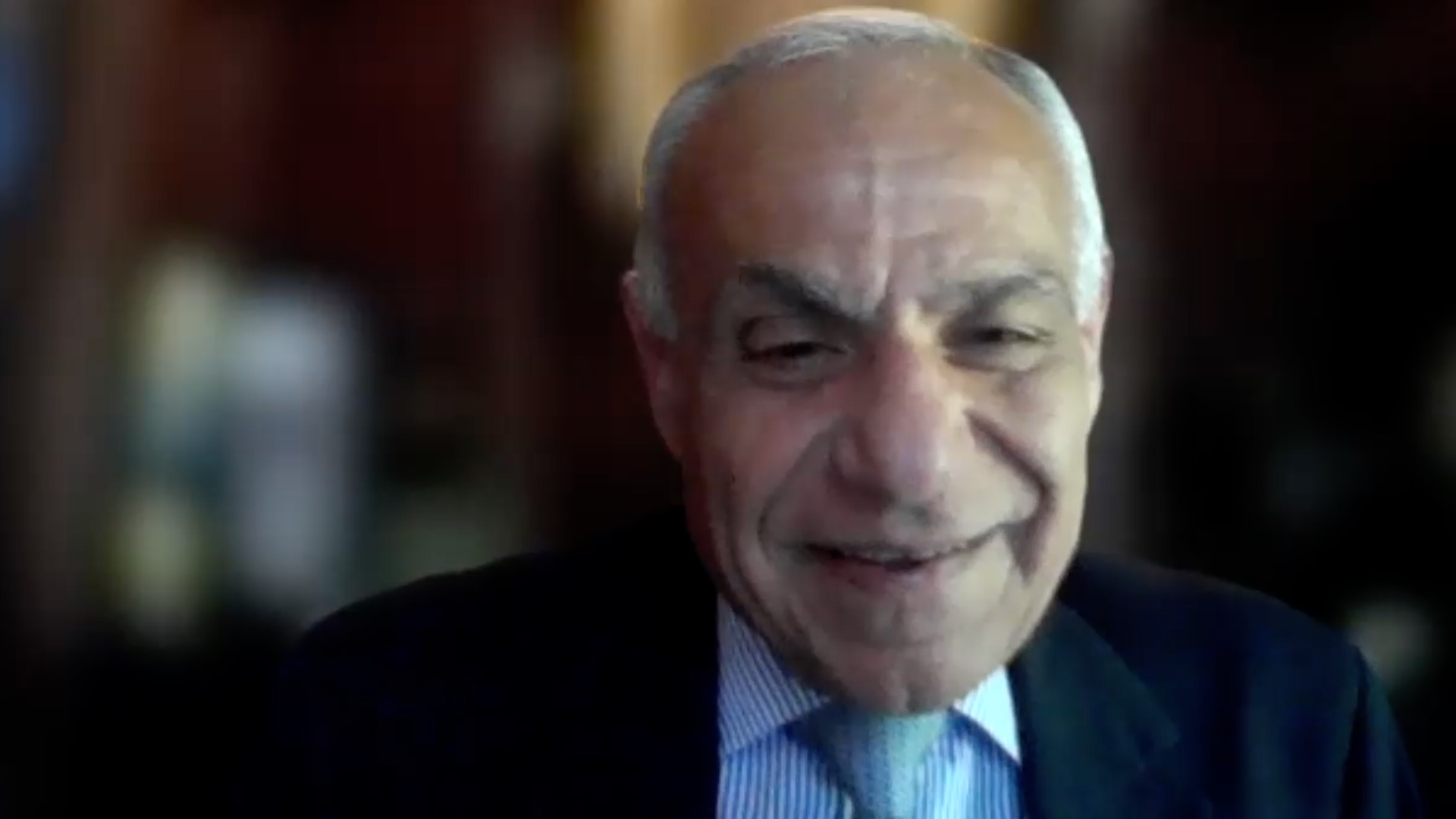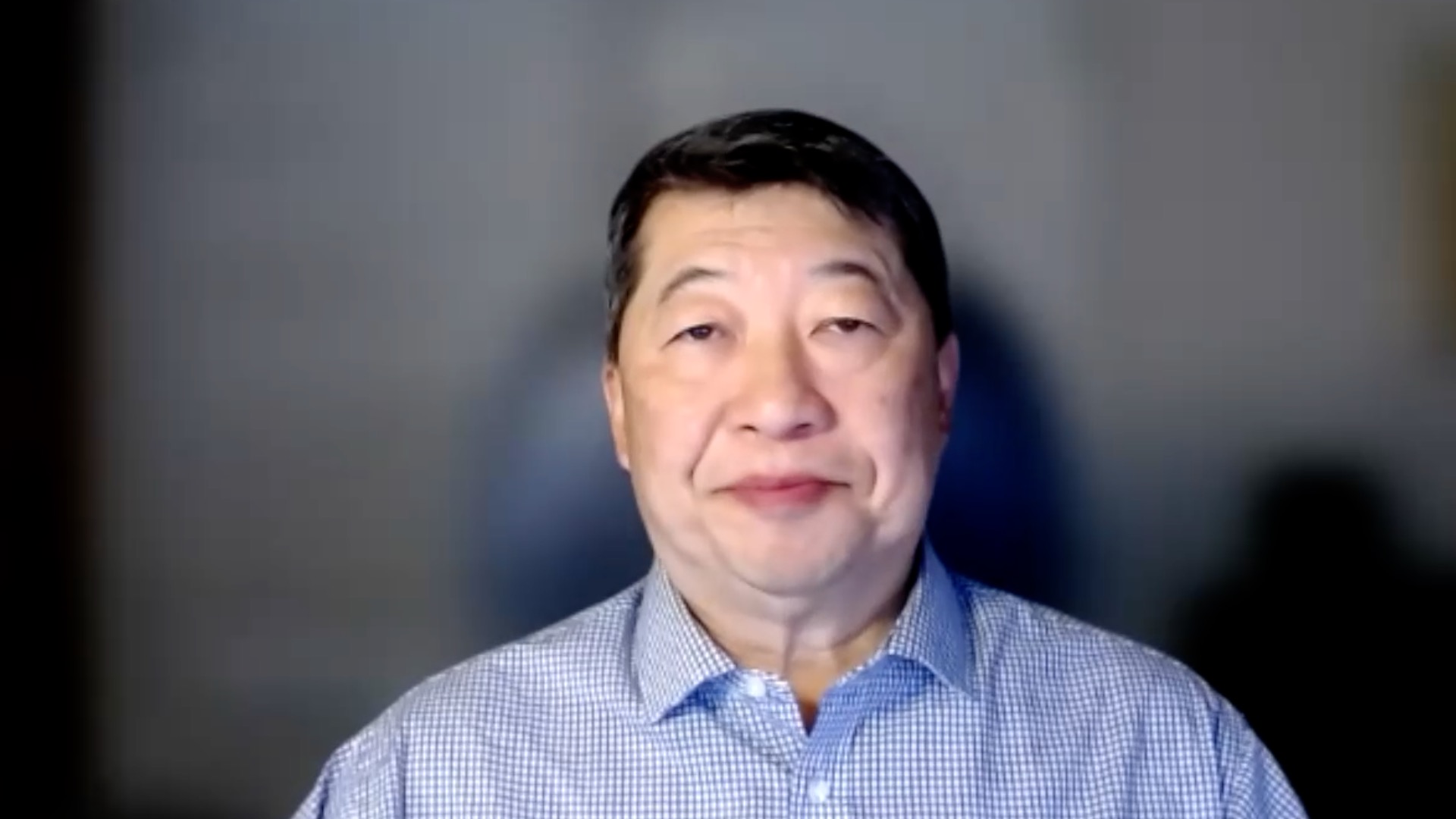Marjan Farid, Hawaiian Eye and Retina 2023: Cataract surgery – hot topics
It was a real pleasure to catch up with our Editorial Board member, Dr Marjan Farid (University of California, Irvine, Irvine, CA, USA), who gave us her insights on hot topics in cataract surgery from this year’s Hawaiian Eye and Retina meeting. She talked us through some of the new technologies that are set to become game-changers in the coming year.
Questions:
- What were the hot topics in the field of cataract surgery at Hawaiian Eye and Retina 2023? (0:06)
- How have improvements in cataract surgery outcomes impacted on patient expectations? (2:16)
The presentation entitled, Residual Refractive Error After Cataract Surgery: Now What? was presented at the Hawaiian Eye and Retina 2023 meeting, 14–20 January, 2023.
Disclosures: Marjan Farid is a consultant for Acufocus, Aldeyra, Alcon, Allergan, B&L, CorneaGen, Glaukos, JNJ, Novarittis, Oyster Point, Tarsus, Zeiss; and serves on advisory boards for Oasis and Aurion.
Support: Interview and filming supported by Touch Medical Media. Interview conducted by Lisa Glass.
Filmed as a highlight of Hawaiian Eye and Retina 2023.
Click here for more content from Dr Marjan Farid.
What were the hot topics in the field of cataract surgery at Hawaiian Eye and Retina 2023? (0:06)
Yes, I think one of the hottest topics right now in cataract surgery is sort of the advancement of premium intraocular lenses, specifically disruptive technologies that are continuing to advance and giving more patients options for increased depth of focus and better quality of vision with cataract surgery. Specifically, one of those is the pinhole optic dial, which was FDA approved recently. The Apthera(TM) lens, very exciting for patients, especially who may have irregular corneas, which is pretty significant in my practice. But we see so many patients who have abnormalities, whether it’s from a previous laser vision correction, previous RK surgery or a mild keratoconus ectatic disease, these patients really had no option for really improved vision. And we know pinhole optics in general improves not only depth of focus, but it also removes out of focus rays. So I’m really excited to be able to offer this technology now for my patients with these irregular corneas. So that’s one hot topic that I’m very excited about. The other is the light adjustable lens, which has been around for a little while now, but still it’s just very exciting as we learn more about how to use it, which patients are best treated with light adjustable lens, again, giving that option for fine tuning in refractive errors post operatively and really refining to the patients requirements especially great for patients with history of laser vision correction where despite our best efforts and our excellent formulas, we still have times when our refractive error refractive errors post operatively. So really to be able to fine tune those is an exciting technology.
How have improvements in cataract surgery outcomes impacted on patient expectations? (2:16)
As our diagnostic technology pre operatively gets better, and as our options for intraocular lenses become more and more refined, the ability to use multifocal lens technology extend a depth of focus lens technology really are becoming more commonplace, and patients hear about these from their friends. The expectation for really high quality vision, really excellent outcomes postoperatively just continues to increase as we advance our technology both on the diagnostic and on the IOL side. So really patients expectations are high. We really need to meet those demands. And I think our technology now can raise us to that level of really fine tuning and being able to deliver excellent outcomes.
Subtitles and transcript were auto-generated.






